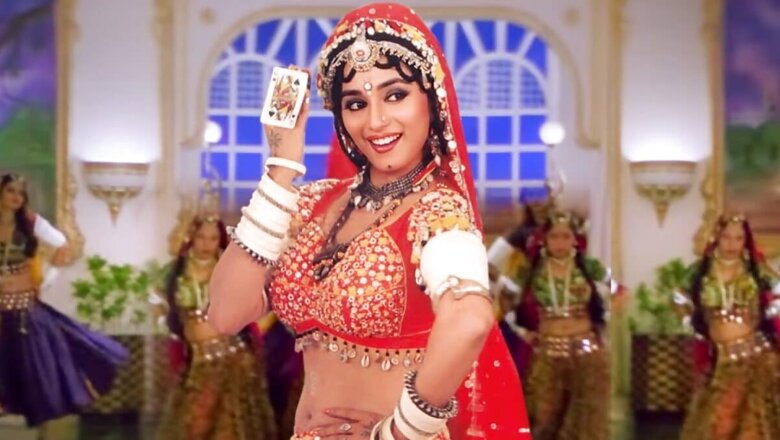
views
Many modern-day youngsters may not have seen an audio cassette, either of the pre-recorded or blank variety. In the 1980s, when audio cassettes were an inevitable presence on every music lover’s shelf, India also witnessed a dramatic increase in the popularity of remakes of popular songs from old films.
The legendary composer Rahul Dev Burman’s songs, in particular, were popular with those who sought to create these versions, which did not feature in films and were easily available in pirated cassettes. The recording quality was frequently substandard, and one wondered whether composers of original songs were aware of the number of remakes of their songs, which were circulated freely across the country. Copyright robbery was common, in other words, and nobody could do anything about it.
Reworked versions of old songs have been common in Hindi films, too. Of course, filmmaking takes place in an organized environment. So, the new versions are created after acquiring the necessary permissions. Still, why old songs need to be turned into remakes, even if the person who creates these new versions might incorporate a few lines from the original track, has been questioned. What leads to such criticisms is the argument that new films should have new songs. Besides, a remake, even if it incorporates a few short parts of the original song, seems to be a convenient way of capitalizing on the latter’s popularity.
Crew, a recent release, has a remake of the 1993 film Khalnayak’s famous song ‘Choli Ke Peeche.’ The original song was composed by Laxmikant-Pyarelal, while Akshay-IP is the duo behind the new version. Govinda fans will remember ‘Sona Kitna Sona Hai’ from Hero No.1 (1997) composed by Anand-Milind. Crew has its remake also recreated by Akshay-IP. Moreover, the film has a remake of Ila Arun’s Rajasthani folk song ‘Delhi Shahar Mein Maro Ghagro Jo Ghumyo’ by Bharg-Rohit titled ‘Ghagra’. Although Crew is a well-liked entertainer, the extent to which the film depends on old songs is astonishing.
Bollywood has produced countless remakes of films over the years. This has been criticized, and many recent Hindi remakes have flopped because of the modern-day viewer’s access to their original versions on OTT platforms. The business of film music is different. Those who create reworked versions know that the film music lover, who might have also heard the original songs, is likely to accept their modernized interpretations wholeheartedly. That happens often, too, although critics and a section of music lovers who want old songs to be left alone resent such experiments.
Music composer Pritam is the common factor in ‘Character Dheela Hai’ from Ready (2011) and ‘Character Dheela 2.0’ for Shehzada (2023) recreated by Abhijit Vaghani and Pritam. Tanishk Bagchi went to the extent of recreating the classic ‘Ek Chatur Naar Karke Singar’ from Padosan (1961). The new version, ‘Chatur Naar’, was featured in Machine (2017). The Padosan song composed by RD Burman is a unique instance of spontaneity in performance. The jugalbandi of maestros Kishore Kumar and Manna Dey, with a little help from Mahmood, is unforgettable. Bagchi’s version was a disaster, which was not a surprise. Machine had another song of the same kind: ‘Cheez Badi’, a remake of ‘Tu Cheez Badi Hoon Mast Mast’ from Mohra (1994).
When an old number in a new form is used for an item number, it can magic. In Total Dhamaal (2019), Sonakshi Sinha’s dance moves with ‘Mungda’ recreated by Gourov-Roshin became a big hit. The original song from ‘Inkaar’ (1977), a Rajesh Roshan composition, featured Bollywood’s original dancing queen Helen, and its readymade popularity contributed to the success of the new version. ‘Laila Ho Laila’ from Qurbani (1980) composed by Kalyanji-Anandji in which Zeenat Aman sizzled on the screen was reborn as ‘Laila Main Laila’ in Raees (2019) in which Sunny Leone’s dance steps fit the bill perfectly. Ram Sampath’s contribution to the remake was minimal, a good thing considering the popularity of the original track.
Several Bollywood films have taken their titles from hit songs. The 2019 film Ek Ladki Ko Dekha Toh Aisa Laga’s title is also a popular song of the same name from the film 1942: A Love Story (1994) composed by RD Burman. The new film’s title track ‘Ek Ladki Ko Dekha To Aisa Laga’ is Rochak Kohli’s recreated version of the same RD Burman song. Interestingly, while Sonam Kapoor stars in ELKDTAL, her father Anil Kapoor is the male lead in the 1994 film. ‘Raabta’, a song from Agent Vinod (2012), is also the title of a 2017 film. The latter’s title track is a song of the same name from Agent Vinod, and both versions have been composed by Pritam. Both these new versions have been uniformly appreciated, which is a rare response.
The problem with the remake of an old song is that it is unable to eclipse the latter’s memories. It might become popular for a while, but it is impossible to overlook the original track’s contribution to its success. However, Bollywood will continue to produce song remakes because filmmakers know that most viewers enjoy them as part of new films when they are screened at the theatres. For some makers of commercial cinema, that is what ultimately matters.
The writer, a journalist for three decades, writes on literature and pop culture. Views expressed in the above piece are personal and solely those of the author. They do not necessarily reflect News18’s views.











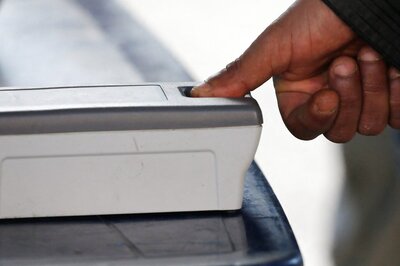
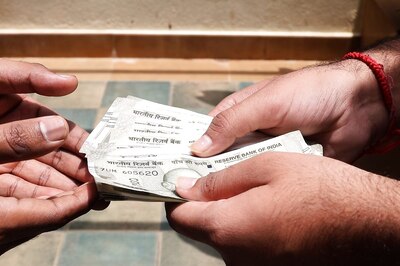
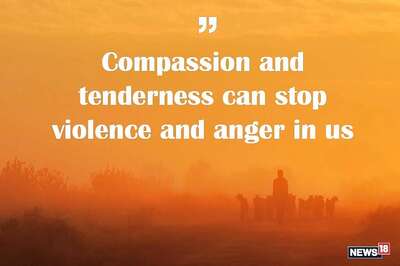

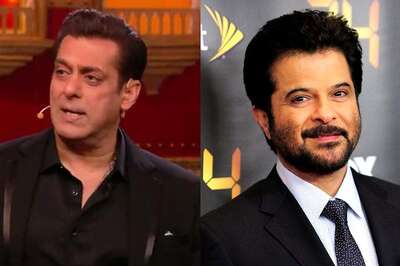
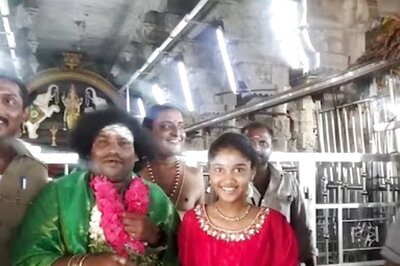
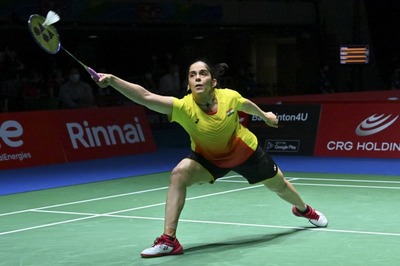
Comments
0 comment